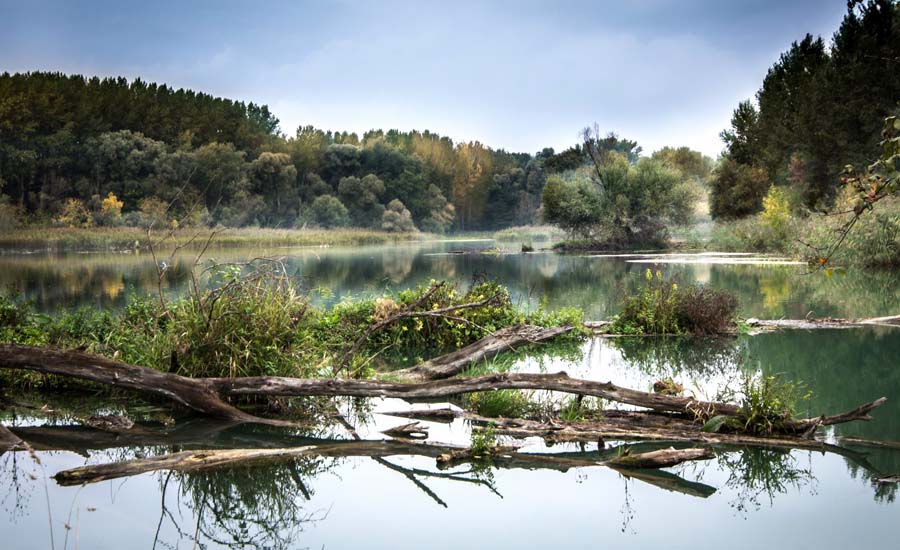Adaptive Management of Barriers in European Rivers - AMBER

Rivers rank among some of the most threatened ecosystems in the world, and are the focus of costly restoration programmes that cost billions to taxpayers. Much of Europe depends on water from rivers for drinking, food production, and the generation of hydropower, which is essential for meeting the EU renewable energy target. Yet only half the EU surface waters have met the WFD’s 2015 target of good ecological status, due in part to the fragmentation of habitats caused by tens of thousands of dams and weirs which also pose a flood hazard. Some barriers are old and out of use, but may have historical value, while the life span of others will soon come to an end and may need to be removed. But barriers also provide energy, water, fishing and leisure opportunities, and may also help to prevent the spread of aquatic invasive species. Improving stream connectivity has been flagged as one of the priorities for more efficient stream restoration but effective rehabilitation of ecosystem functioning in European rivers needs to take the complexity and trade-offs imposed by barriers into account.AMBER will deliver innovative solutions to river fragmentation in Europe by developing more efficient methods of restoring stream connectivity through adaptive barrier management. The project seeks to address the complex challenge of river fragmentation through a comprehensive barrier adaptive management process, based on the integration of programme design, management, and monitoring to systematically test assumptions about barrier mitigation, adapt and learn.